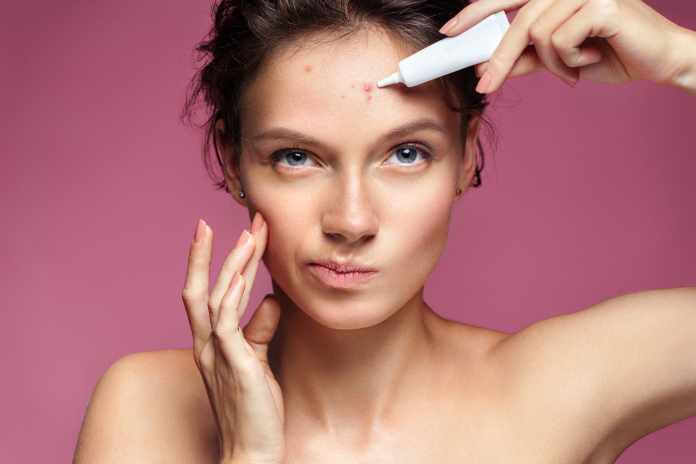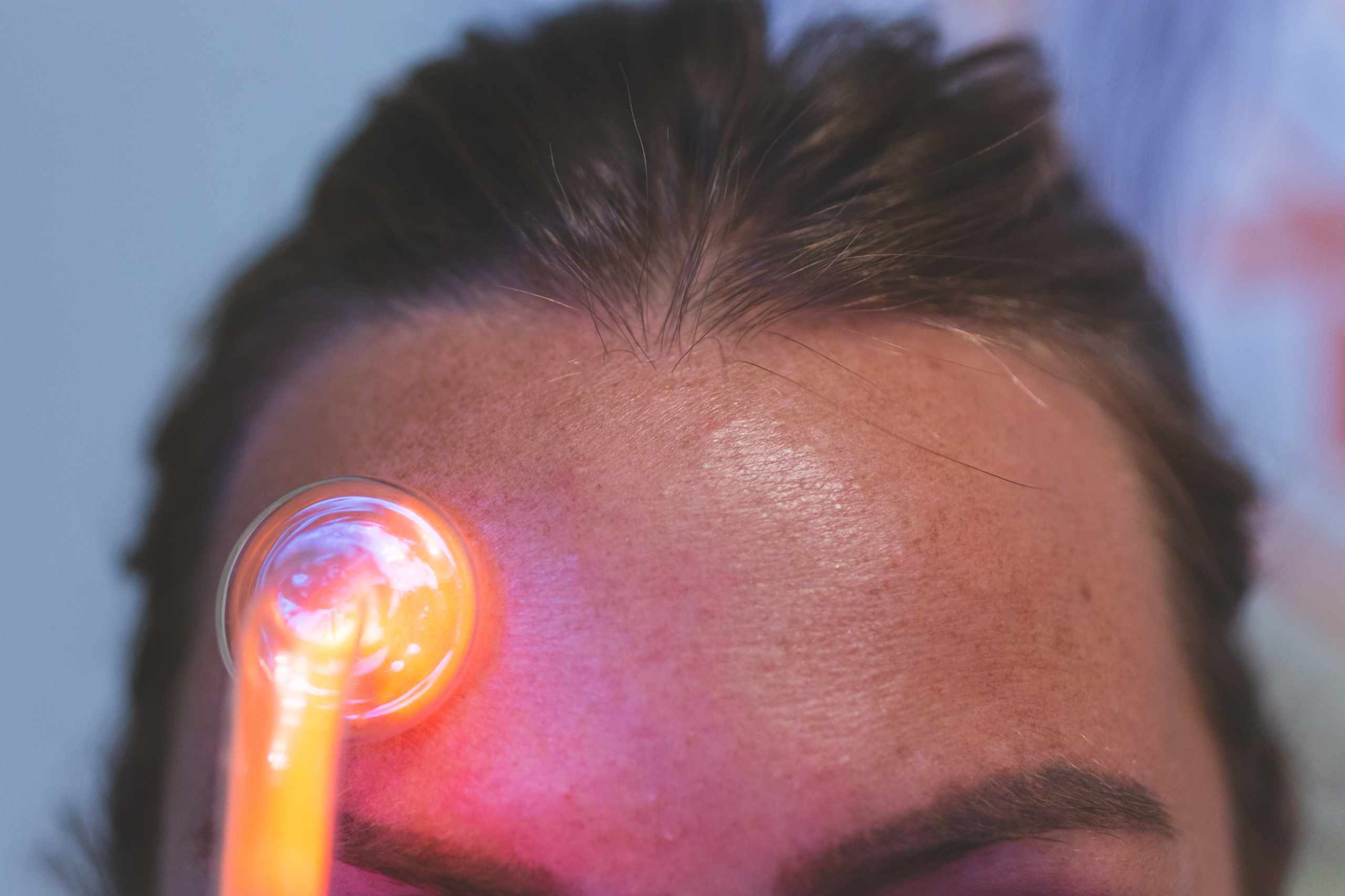
Acne is a normal skin condition that occurs on someone’s face due to blocked pores. It can be from oil, hair, or bacteria. These often show up on one’s face, hairline, and jaw area. If an individual is conscious about their physical appearance, it may affect their self-esteem. Some people make comments about acne and this often leads to feelings of hurt and insecurity. In this blog, you will know if you should go for DIY Acne Treatments: A Short Guide.
With these untoward incidents leading to self-esteem issues, people are now actively looking for ways to treat their acne. Many look for answers on the Internet and turn to Do-It-Yourself methods and home remedies as a cheaper alternative to going to dermatologists.
The question is, should you DIY acne treatments? Well, the answer is yes, but with limitations and considerations. If you want to try DIY Acne Treatments, you should be careful in choosing your acne treatment.
Types Of Acne
Here are the different types of acne:
- Blackheads: These are a non-inflammatory type of acne that appears as black spots on your skin. This happens to an open pore that gets clogged with oil.
- Whiteheads: These are also a non-inflammatory type of acne that appears whenever your pores are clogged. It’s also known as clogged comedones, which tend to look white on top of your nose.
- Cysts: These are an infected type of acne filled with pus. If you have cystic acne, you should be more careful because these may burst anytime if hit accidentally.
A Guide To Acne Treatments

Here’s a short guide that can help you in choosing your acne treatment, DIY or professional-approved:
- Buy A Light Therapy Device
Light therapy is one of the trends for skin acne treatment these days. Your skin is subjected to a blue or red light that can reduce your face’s inflammation and may deliver skin restoration whenever done by session or consistently. This therapy could also treat your acne and lighten your acne scars.
This is an unintrusive, user-friendly device that you can conveniently buy and use at your own home. Furthermore, a light therapy device can help you lessen your trips to the dermatologist. If you want to know more about light therapy, you can check out here.
2. Use Tea Tree Oil On Your Acne
Tea tree oil is famously known as a remedy for skin inflammation. It also fights the bacteria that’s building up in your pores. However, tea tree oil can be too strong for your skin and may burn some parts of it. It is advisable to use it with other liquid skincare products. This way, it will not harm you and will be gentle on your skin.
3. Damp Witch Hazel On Your Face
Witch hazel products can be good for your skin as it contains anti-inflammatory and anti-bacterial ingredients. Additionally, it can also lessen other skin conditions like dandruff, acne, or burns. Sometimes, this astringent can be harmful to your face if you’ll directly apply it. You can use diluted and balanced witch hazel toners instead.
If you’re going to acquire one, you can use it twice a week or every day which also depends on your acne situation. Furthermore, witch hazel toners can also be bought in drugstores that makes it more accessible to buy.
4. Buy Drugstore Products With Niacinamide Or Salicylic Acid
Drugstore products with Niacinamide are easy to find in most stores. Sometimes, you may overlook these affordable products because you think they will not work for your skin. Before you buy a skincare product, it’s best to read the ingredient lists to see if it contains Niacinamide.
Niacinamide can help you reduce your face’s redness or inflammation, while Salicylic Acid may help you unclog your pores. Do proper research before trying these products to avoid damage to your skin.
Choose The Product That Best Suits Your Current Acne Situation
The best tip that you can follow is to know your skin type and acne situation deeply. Not all products labeled “anti-acne” can guarantee immediate results. For example, if you’re a person that is consistent with routines and has a budget for products, you can choose skincare products that you can apply to your face.
However, if you’re the type of person that wants to simplify their skincare routine and treat their acne while saving expenses, you can buy skincare gadgets instead. The thing about buying these devices is that they have longer life. Hence, this guide can help you decide with these options, whatever is appropriate for your skin situation and suitable for your time.















